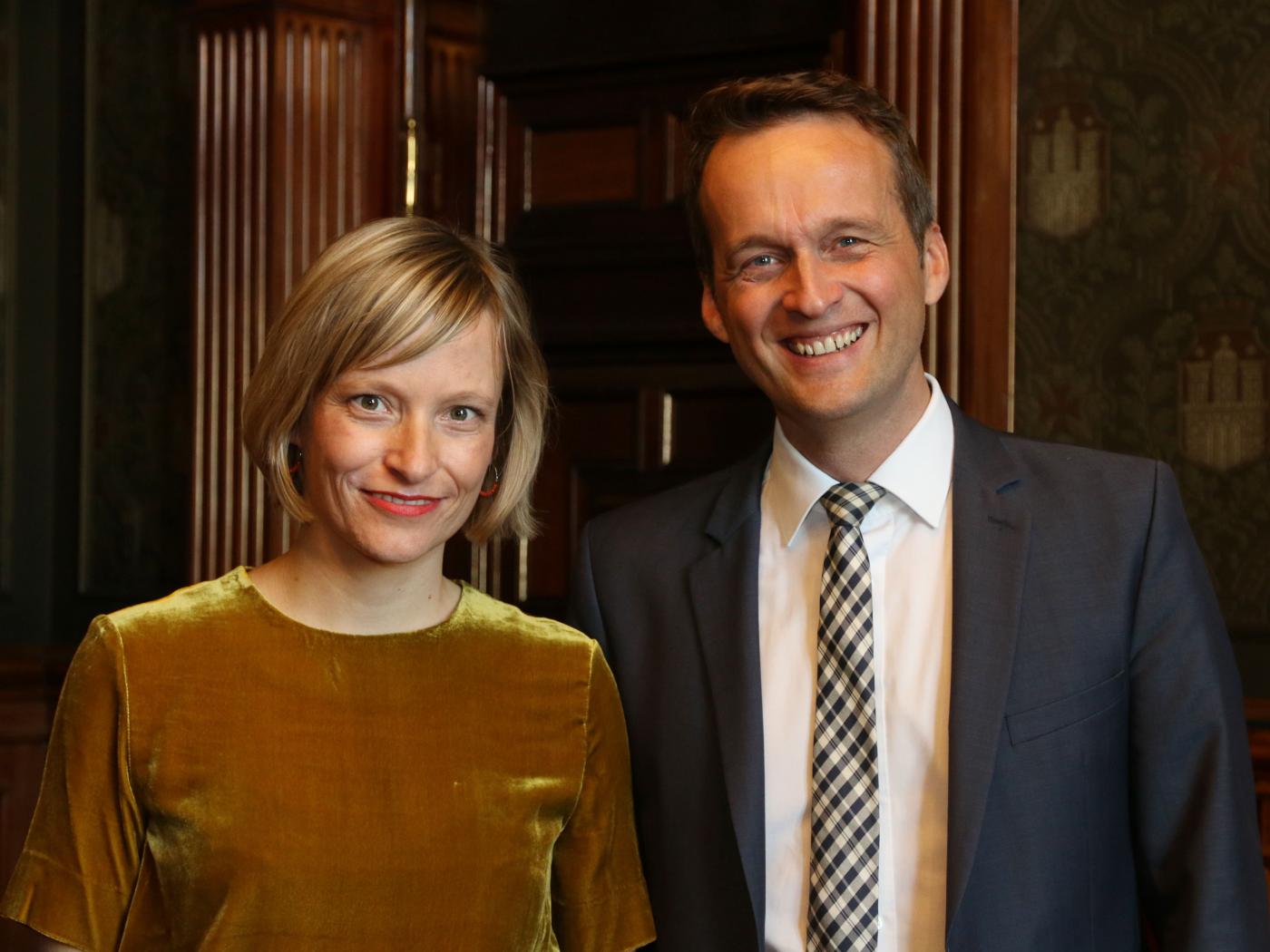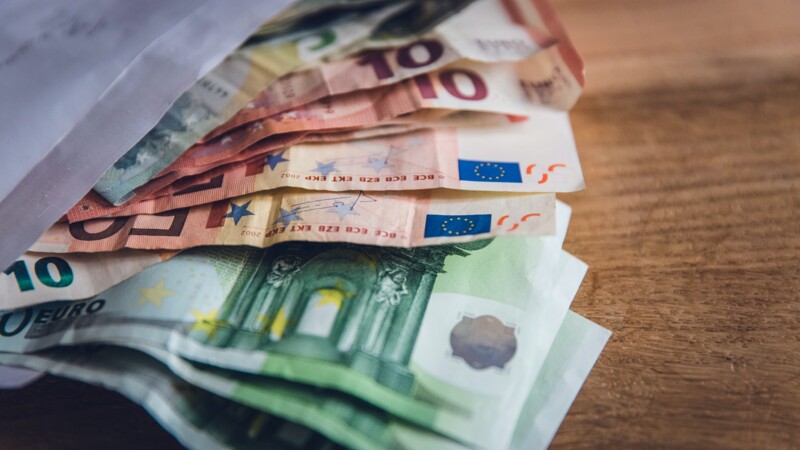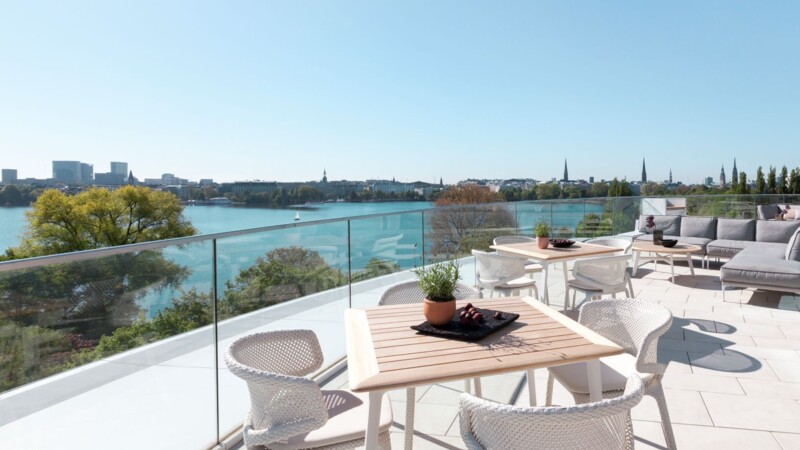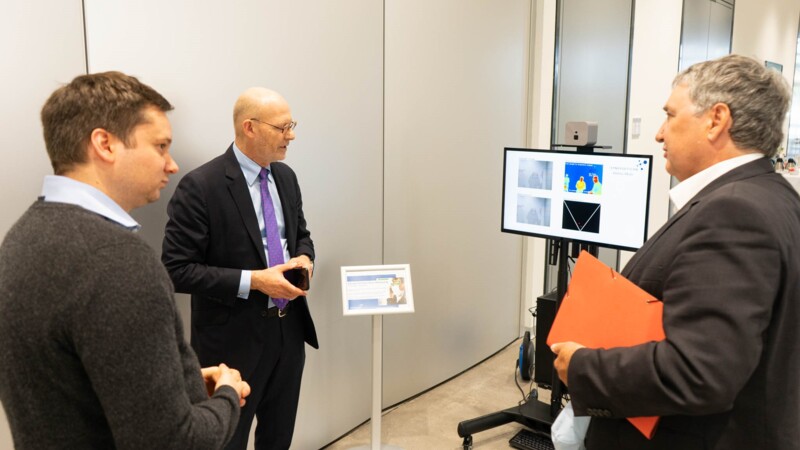Digital transformation, especially teleworking, has become a must for traditional industries. Telemedicine was widely used in the French health sector before the pandemic and has been taken a step farther due to corona, e.g. tele-consultations are now fully reimbursed by French health insurers. Last but not least, the traditional Paris Fashion Week will be held online this summer. Both the major fashion houses and new labels will present their collections on digital platforms.
Hamburg News: What future topics are being debated in France at present?
Scriba: The outstanding success of the Green Party in this year's local elections has shown that fighting climate change is one of the key issues of the future. In addition to many challenges, life in the cities needs to become more sustainable and more liveable. The city of Paris has already launched several initiatives to combat pollution. Car traffic has been calmed in many places, verdant spaces have been created and urban agricultural projects such as rooftop gardens have been initiated. Even during the months of public transport strikes at the end of 2019, many Parisians switched to cycling - and the corona pandemic has boosted this trend. Since mid-May, 50 km/h of additional cycle paths have been created in Paris alone.
Hamburg News: Paris overtook Berlin as a start-up city in 2019 and now ranks second to London. President Emmanuel Marcon has earmarked EUR 4 billion to rescue young entrepreneurs. Can you put that in perspective?
Scriba: That's correct. One of Macron's priorities is to make France a leading centre of start-ups in Europe. To do so, he wants to lower bureaucratic hurdles for young entrepreneurs*, promote talent and reward investors with tax breaks. In summer 2017, the world's largest start-up campus called Station F opened in Paris. It brings together over 1,000 international fledgling companies, diverse start-ups and mentoring programmes and potential investors. However, the efforts to establish France as a tech nation are not limited to Paris, but encompass all regions. The recently-adopted rescue package aims to secure the liquidity of young companies e.g. with short-term loans and transitional financing.
Hamburg News: Are there other support measures in France?
Scriba: Like everywhere else, the corona crisis has hit the cultural secotor and actors hard in France. The Minister of Culture promised an aid package of EUR 22 million early in the crisis. Workers in the cultural sector have a special "intermittent" status (similar to the KSK social security fund for artists in Germany) and special conditions and are covered by a state bridging allowance here. Cultural institutions and festivals do not have to repay the subsidies despite cancelled events. Unfortunately, a large number of freelance artists have not received state subsidies.





